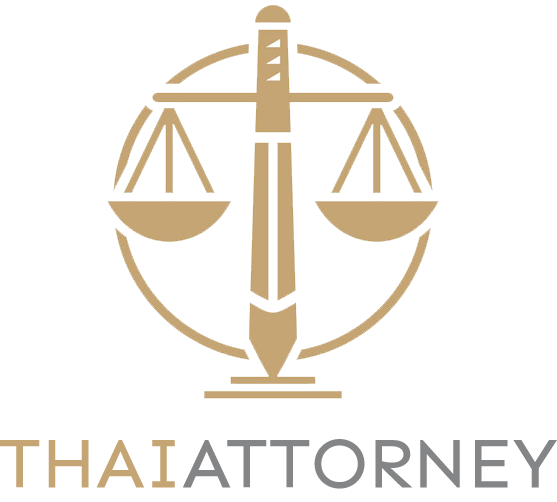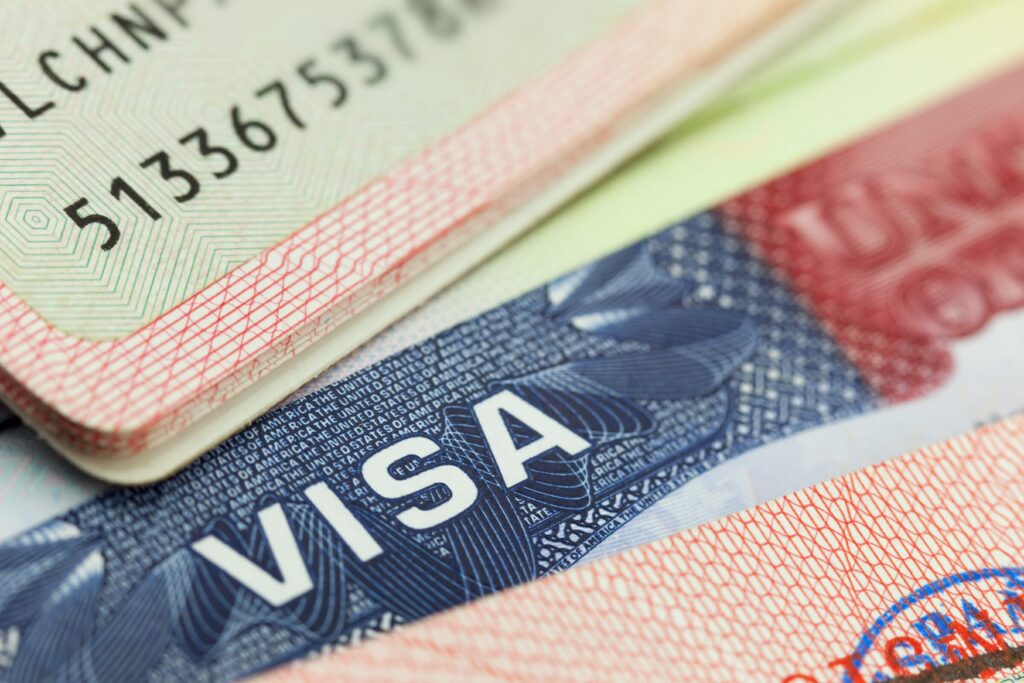A Multiple Entry Tourist Visa (commonly abbreviated METV) is the most flexible short-term visa option for foreigners who plan to make several visits to Thailand within a short window while staying in the country for extended periods on each arrival. Unlike visa-exemption entries or single-entry tourist visas, the METV lets you enter and leave Thailand repeatedly during the visa’s validity without having to reapply for a new visa each time. What follows is a practical, legally grounded walkthrough of how the METV works, eligibility and documentation, typical stay lengths and extension mechanics, cost and practical planning strategies, common pitfalls, and enforcement risks.
What the METV actually is and who it suits
The METV is a consular visa issued by Thai embassies and consulates (and in some cases via e-visa portals) that authorizes multiple entries into Thailand during a defined validity period. It is aimed at tourists and frequent short-term visitors: long-stay residents, people who travel in and out of Thailand frequently for business or family reasons, and travelers who want the convenience of returning without fresh visa processing. The METV is not an immigration route to work in Thailand—employment still requires an appropriate non-immigrant/business visa and work permit.
Validity, per-entry length and extensions (practical mechanics)
The standard METV issued by Thai diplomatic missions is typically valid for six months from the date of issue, and each individual entry normally allows up to 60 days of stay. In practice, immigration officers at a port of entry stamp a 60-day stay on each arrival; that stay can often be extended by up to 30 days at a local immigration office in Thailand, giving a practical maximum of about 90 days per visit when an extension is granted. Because the METV permits multiple re-entries within its validity, thoughtful scheduling can let you remain in or around Thailand for many months over several trips (for example, alternating 60–90 day stays with short departures). Always confirm the stamp on arrival and any extension in writing.
(Important note: immigration officers exercise discretion on extensions and ultimate length of stay; you should not rely on extensions as an entitlement.)
Typical documentation and eligibility checks
Embassies and consulates set the specific documentation list, but common requirements include: a passport with sufficient validity and blank pages; a completed visa application form; passport-style photographs; proof of onward or return travel; an itinerary or hotel bookings; proof of sufficient funds (bank statements) or evidence of financial solvency; and payment of the visa fee. Some consulates require more stringent financial evidence for METV applicants (for example, recent bank statements showing adequate balances) because the visa implies multiple high-value visits rather than a single short holiday. Applicants may also be screened for criminal history or immigration violations. If you have commercial plans while in Thailand, bring documentation to show legal intent and respect for the no-work rule (e.g., conference confirmations rather than employment contracts).
Fees, processing and where to apply
Costs and processing times vary by mission. As a practical range, METV fees commonly fall within the mid-hundreds of U.S. dollars (fees can be around USD 150–250 at many missions), and processing times depend on the consulate and whether an in-person interview is needed. Some applicants use accredited visa-service agents to handle filings, but you can also apply directly at the Thai embassy/consulate with jurisdiction over your place of residence. Some jurisdictions allow electronic pre-applications or e-visa processing; check the mission’s site for the current process and book appointments as required.
Practical stay planning and how to “stretch” a METV responsibly
A commonly used planning approach is to use the METV’s multiple entries strategically: enter Thailand, spend up to 60 days (extend to 90 if needed), depart briefly to a neighboring country (or to your home country) and then re-enter using the same METV while it remains valid. With disciplined scheduling, a traveler can use the METV to spend many months in and out of Thailand over the six-month visa validity period. That said, immigration officers assess intent and patterns: repeated long stays with minimal time abroad can draw scrutiny and possibly refusal at future entries. Always maintain clear records showing tourism/visit purpose (hotel bookings, tours, family visits) and be prepared to explain your travel pattern to officers.
Extensions, re-entry permits and visa runs — what to avoid
-
Extensions: To extend a single entry beyond the initial 60 days, apply at a Thai Immigration Office for a 30-day extension; keep receipts and stamped paperwork.
-
Re-entry permits: If you plan to leave Thailand temporarily but want to preserve a different type of visa (for example a long-stay non-immigrant visa), you must obtain a re-entry permit. For the METV, each exit and re-entry uses one of the visa’s permitted entries; you do not need a re-entry permit for the METV itself, but you must ensure the visa still has validity and unused entries.
-
Visa runs: Routine “visa-runs” or attempts to reset stay by leaving and re-entering at land borders are risky and can trigger questioning, denial of entry, or future restrictions. Use legal visa types and documented purposes instead of relying on border-jumping. Immigration policy and enforcement can change without notice.
Families, dependents and combined travel
There is no special dependent METV category; each traveler must hold their own valid visa or be eligible for visa-exemption. Families traveling together should ensure each passport and visa record matches their travel plans and carry corroborating documents (marriage certificate for spouses, birth certificates for children) when needed at the border.
Compliance risks, penalties and enforcement
Overstay fines in Thailand are cumulative and increase with the number of days overstayed; serious or repeated overstays can lead to detention, removal, deportation, and multi-year entry bans. Working on a tourist visa is illegal and can result in fines, detention and blacklisting. Always comply with immigration stamps and keep your passport updated; if in doubt, seek advice from a Thai immigration office or legal counsel before taking action that might affect your status.
Recent policy and entry formalities to watch
Thailand has modernized arrival procedures and occasionally alters documentary requirements for visa issuance or entry. For example, governments sometimes update financial-proof rules or introduce new digital arrival forms. Travelers should check the issuing mission and the Thai Immigration Bureau for any recent changes before applying or travelling.
Practical checklist before you apply or travel
-
Confirm whether METV is appropriate (multiple planned entries within six months).
-
Check the issuing Thai embassy/consulate website for the exact document list, fee and appointment rules.
-
Prepare bank statements, flight itineraries and accommodation evidence for all planned trips.
-
Plan each trip so a 60-day initial stamp plus a possible 30-day extension is sufficient, and avoid patterns that suggest de facto long-term residence.
-
Keep copies of all visa stamps, extension receipts and correspondence with immigration authorities.
-
If your plans change (work, long-term residence), promptly switch to an appropriate immigration category—don’t continue to rely on tourist privileges.
Conclusion
The Multiple-Entry Tourist Visa offers flexibility and convenience for travelers who legitimately need to enter Thailand several times within a short period. It provides a practical alternative to repeated single-entry visas, but it is not a loophole for long-term residence or paid work. The key to using the METV successfully is careful planning, strict compliance with entry/extension rules, transparent documentation of travel purpose and finances, and staying aware of mission-level changes to requirements. When in doubt about a complex itinerary or long stays, consult the issuing Thai mission or an immigration professional before you travel.

